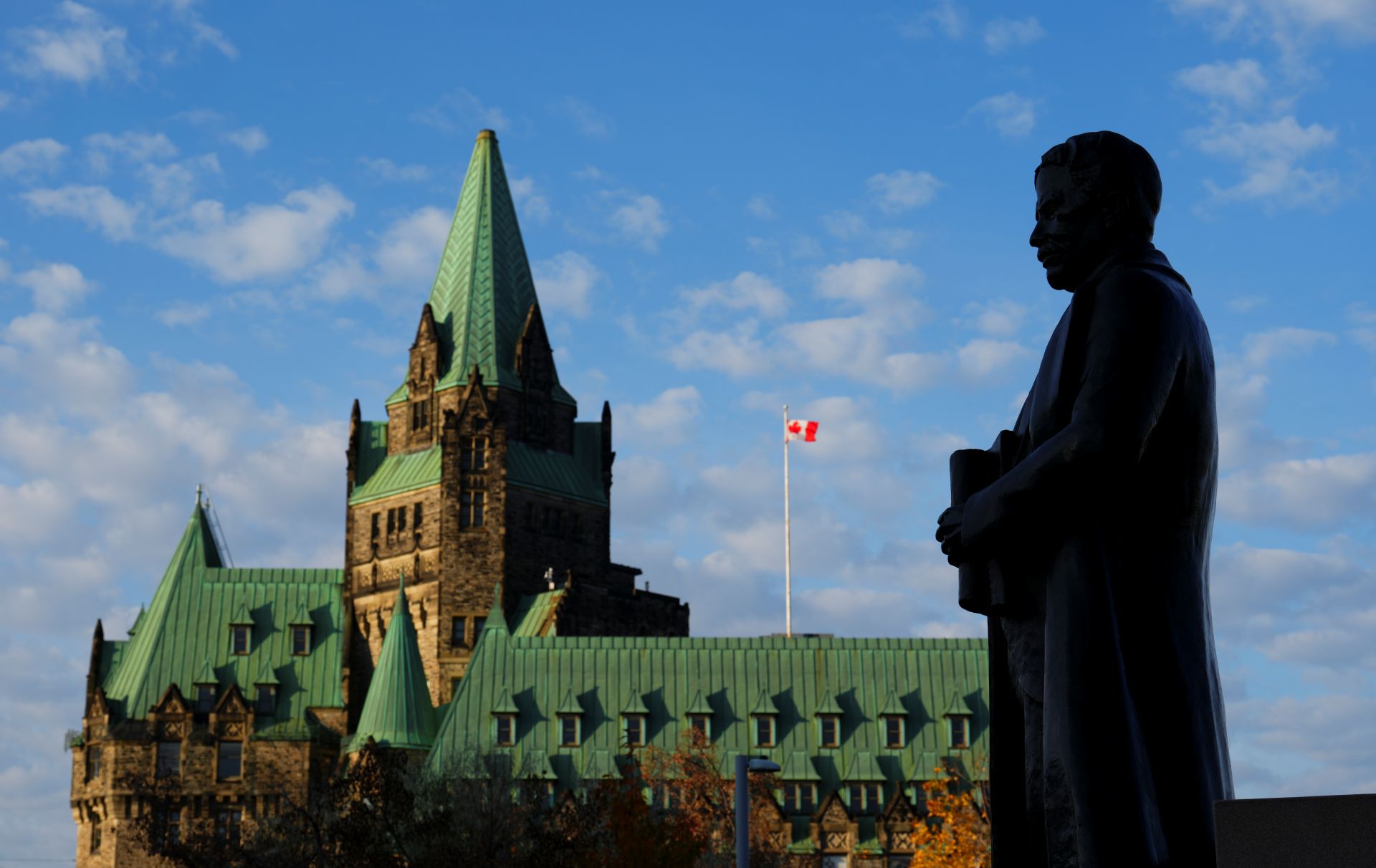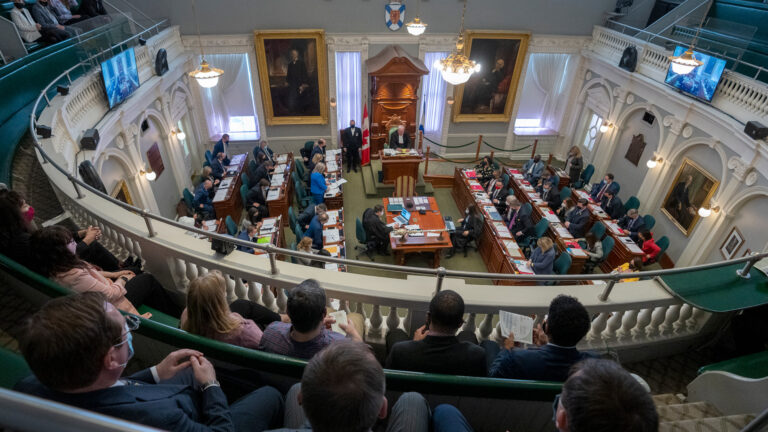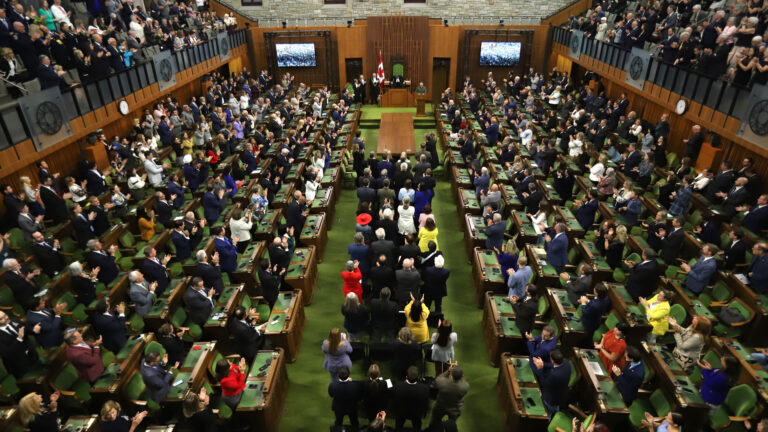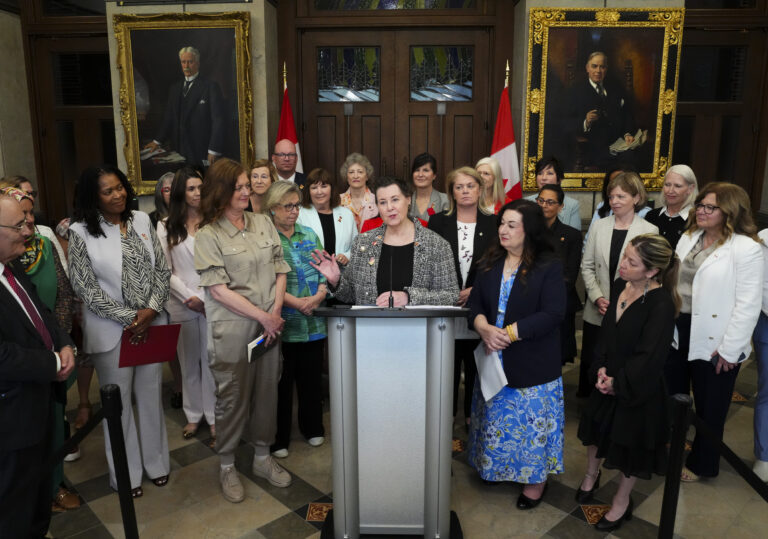Some of Canada’s leading scholars of politics gathered at Acadia University in September to explore a timely question: What makes Canadians trust their political leaders, and how is that trust changing?
The workshop on political leadership and trust in Canada brought together top researchers examining how leadership traits have evolved from the early 1990s to today, and what that evolution means for how the country is governed.
Their findings will appear in the new UBC Press book series Political Leadership and Trust in Canada (edited by political scientist and IRPP board member Alex Marland). Policy Options is offering readers an early look at the ideas taking shape.
Through early 2026, this series of short articles will share first reflections from the project. The contributors explore what defines good leadership in an era when authenticity matters more than ever – and when online influencers increasingly shape political life.
They also examine how leadership plays out across Canada’s political system: from the role of parties and local candidates, to gender and diversity in Parliament and cabinet formation, to the changing nature of cabinet government itself. Together, their research shows how shifts in leadership and trust are influencing public policy, as Canada navigates new economic, social, technological and environmental challenges.
In a time when trust in politics is under strain, these contributions offer a deeper understanding of how leadership and trust intersect in Canada’s political life. They reveal how the qualities we value in our leaders continue to evolve, and how those shifts affect both governance and the relationship between citizens and their institutions.




















